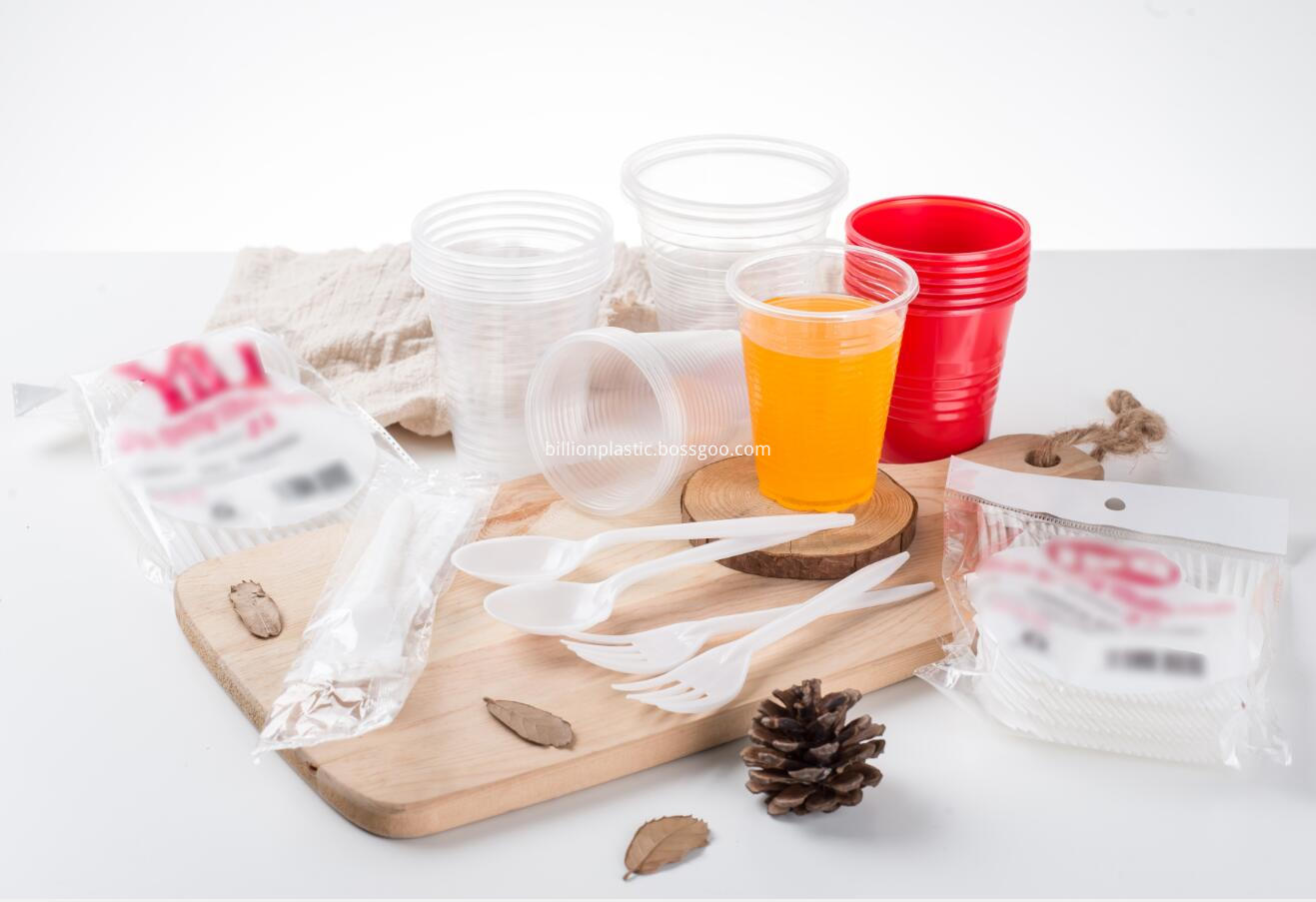On September 27, 2010, Dr. Gao Shaorong's laboratory of the Beijing Institute of Life Sciences (NIBS) published an article entitled "Proteome of mouse oocytes at different developmental stages" online in Proc. Natl. Acad. Sci. USA. This article describes the proteomic characteristics of mouse oocytes at different developmental stages, and lays the foundation for further identification of oocyte reprogramming factors.
Oocytes have a very strong reprogramming ability. It can reprogram highly differentiated somatic cells into a totipotent cloned embryo in a few cell cycles and can further develop into cloned animals. However, it is unclear what important reprogramming factors are present in oocytes. In order to understand which proteins are required by the oocyte reprogramming process, an in-depth study of the oocyte proteome is required. However, due to the limitation of materials, only a few hundred proteins have been found in the known protein expression profile of oocytes. The research group applied the LC-MS protein profiling method to study 7000 immature GV oocytes, mature MII oocytes and fertilized eggs in each group. The research identified and identified GV, MII and fertilized eggs respectively 2781, 2973, and 2082 proteins, and also analyzed the richly expressed signaling pathways corresponding to oocytes at different developmental stages.
This study is by far the most abundant proteome study in mammalian oocyte development. The proteome study of oocytes and fertilized eggs has a profound significance for the mechanism of DNA demethylation and reprogramming during the fertilization process, and for the promotion of specific transcription factor-mediated reprogramming, iPS induction efficiency, because the research team It was found that more transcription factors and chromosomal remodeling factors are expressed in mature oocytes than in other periods. At the same time, many nutrients and signaling pathways required for oocyte development and fertilization are also found, which provides a certain foundation for the research and treatment of early embryo development, in vitro cultivation of oocytes and infertility.
NIBS doctoral student Wang Shufang is the first author of the article. Other authors of the paper include Kou Zhaohui, Jing Zhiyi, Zhang Yu, Dr. Guo Xinzheng, and Dr. Dong Mengqiu. Professor Ian Wilmut of the University of Edinburgh and Dr. Shaorong Gao, our researcher, are co-corresponding authors of this paper. The research was funded by the Ministry of Science and Technology and the Beijing Municipal Government and was completed at the Beijing Institute of Life Sciences.
PP Cutlery is perfect for fast paced food, on the go meals, dinner party,wedding ceremonies, birthday parties, restaurants, hotels or snacks. Our products cover PP cups, PP Spoon, PP Fork and PP knife. The raw material is food grade PP, which is clean and hygienic. And the products are with smooth surface and impeccable in looks with classy design, they could be loose packing or individual packing with your LOGO or design printings.

PP Cutlery
PP Spoon,PP Fork,PP Cup,Napkin Spoon
BILLION PLASTIC MANUFACTURING CO.,LTD, JIANGMEN , https://www.billion-plastics.com